20+ Years Experience
Specialist Business Insolvency Company

When a company becomes insolvent, it may need to enter into liquidation or administration to address its financial difficulties.
Liquidation and administration are formal insolvency procedures governed by specific legal frameworks, each with advantages and disadvantages.
Understanding the key differences between these procedures is crucial for business owners, creditors, and other stakeholders to make informed decisions about the best course of action for their circumstances.
This page will provide an overview of liquidation and administration, including their main features, purposes, and outcomes.
Company administration is entered into to rescue and recover the company. The company administration process is essentially a recovery plan.
Liquidation is a method that uses a company’s assets to pay back debts and is usually a last resort made by creditors.
An insolvent company may rely on either administration or liquidation to pay back their debts or to deal with the excess liabilities over the total value of the company’s assets.
Both liquidation and administration are formal insolvency procedures, but the way they go about this is their main difference.
These differences between liquidation and administration help companies determine which of the two formal insolvency processes is best for their interests.
With your company’s best interests in mind, the company administration process is the more hopeful option as it does not lead to the complete closure of the business and keeps you on the Companies House register at all times.
With administration orders, there are benefits to both the company and creditors when it is done right.
There are some key differences between liquidation and administration in specific areas, such as:
It is important to act fast when dealing with insolvency, whether your company is currently or likely to become insolvent soon. Acting fast can prevent wrongful trading accusations, worsening your financial situation.
The Insolvency Service has to investigate the conduct of company directors in cases of both liquidation and administration.
This is a way of assessing what has gone wrong, and if directors are found to have traded while the company was classified as insolvent, there are series ramifications.
Directors can be fined, face penalties, or even suffer director disqualifications.
As licensed insolvency practitioners, we can arrange a same-day consultation to help save your business.
If you are struggling to meet the financial obligations of your company, then the best thing to do may be to enter administration.
Going into company administration will halt any legal action that could be taken against the company and gives directors time to use the expertise of an insolvency practitioner to help get the company back on track.
Pre-pack administration applies when a company enters administration and deals with valuing assets, which can go on sale to earn more money for the brand.
The administrator does this to sell the business as a going concern.
Sometimes the existing team can purchase the underlying business, allowing them to run a new company under the same setting to save trade and jobs.
Before pre-pack administration can go on, some legal requirements need to be considered, and as always, creditor interests need to be at the forefront of all decisions.
At the end of this administration process, the insolvency practitioner working on the case must prepare a report explaining their decision.
The IP needs to demonstrate that by choosing this insolvency procedure over any other, including liquidation, they were doing their best to repay creditors and that this has offered the best return for all company creditors.
The swift sale of the business as a going concern under the administration process can offer several benefits, such as maintaining contractual obligations and jobs so the new company can continue trading with the same people.
Three types of liquidation may apply to your business:
Regardless of which process is used to liquidate the company, the result is always the closure of the business.
It is best to involve a licensed insolvency practitioner to ensure you perform correctly for all liquidation needs.
The liquidation and administration processes can be intimidating for company directors because they can lead toward the end of the business. They also come during stressful times when there is a lot of financial pressure.
That said, understanding the difference between liquidation and administration can make things a bit easier so you know which option is right for you.
The primary difference between the two processes is their main purpose.
If possible, an administration order aims to help the company repay its debts to escape insolvency.
In contrast, liquidation occurs during insolvency and sells all assets before the company is completely dissolved.
Company administration can offer potential resolutions to companies dealing with financial difficulties to avoid liquidation, such as Pre Pack Administration.
This is a legal method of selling the business to a third party. Still, it can also be done to allow the company directors to operate under a new business name if they have the necessary funds, company assets, and ongoing contracts to do so.
Finance Administration can also lead to potential funding options, which could be your struggling business’s lifeline.
While in some cases, a company administration can lead to liquidation, it does not always have to end this way. In some cases, administration can be an effective method of avoiding liquidation in certain circumstances.
There are several advantages associated with an administration order, such as protecting company assets and personal liabilities and helping the company completely avoid accusations of wrongful trading.
Struggling businesses can benefit greatly from the administration because it halts any orders that may otherwise be legally obligated to the business.
It may be possible to escape insolvency and avoid liquidation by going through administration; insolvency practitioners can help with this. IPs will work as the administrator and assume full control over the company’s affairs, where they are legally obligated to act in the best interest of creditors.
With this in mind, they will attempt to avoid liquidation at all costs and formulate a complete recovery if this is in the best interest of the creditors. The administrator’s proposals will then be announced at a creditors’ meeting.
A professional team working in the best interests of the company’s creditors can also benefit the company as a whole by allowing them to continue to trade and offering breathing space to handle their next moves as they deal with their debt.
The key difference between liquidation and administration is the fact that administration can be beneficial for both secured creditors, staff, and the company’s directors alike.
As an insolvency practitioner, we can see that some warning signs indicate whether your company is becoming insolvent.
With this knowledge, we can help you determine the best legal action.
If your business deals with creditor pressure and payment demands from HMRC, it may be time to contact a turnaround team as soon as possible. We can offer confidential advice to help you determine the difference between liquidation and administration to determine the best option for your needs.
In many cases, the administration is the most attractive option and can be the best way to get your debts orderly once more.
A company voluntary arrangement may be a good option for your company if it is still viable, despite being insolvent. This is a way of continuing trading while also paying off your debts, unlike other forms of insolvent liquidation, which halts everything.
Need Advice on Whether Liquidation Vs Administration is the Right Choice? Contact us today.
Here are some other informative articles about business debt in the UK:

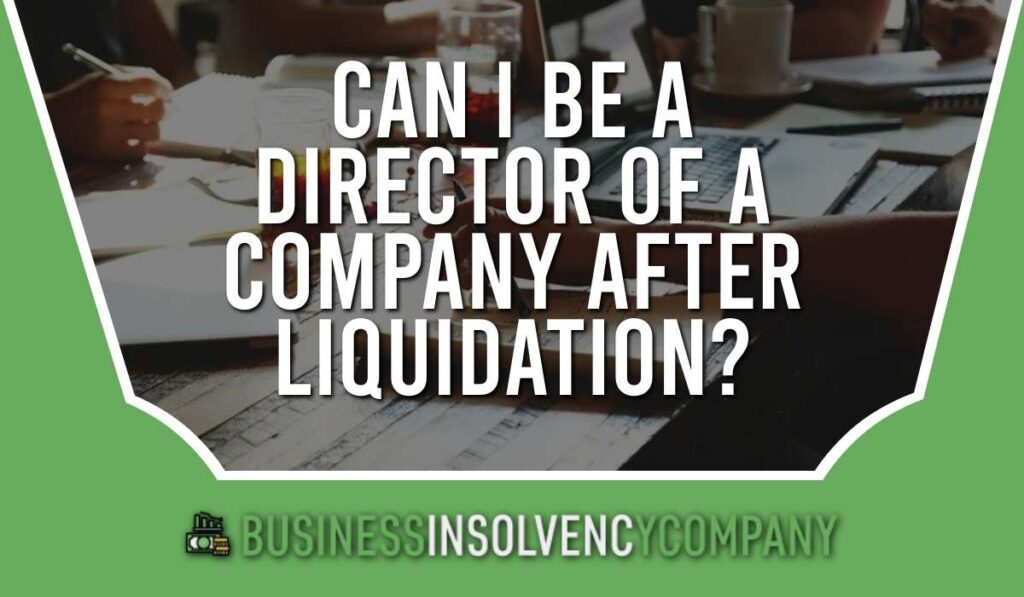


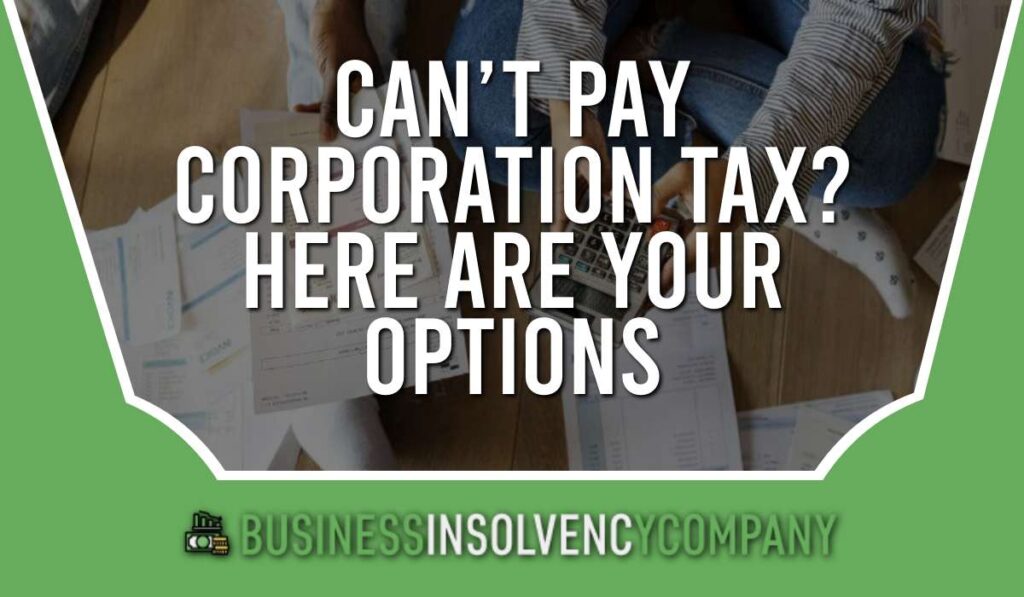
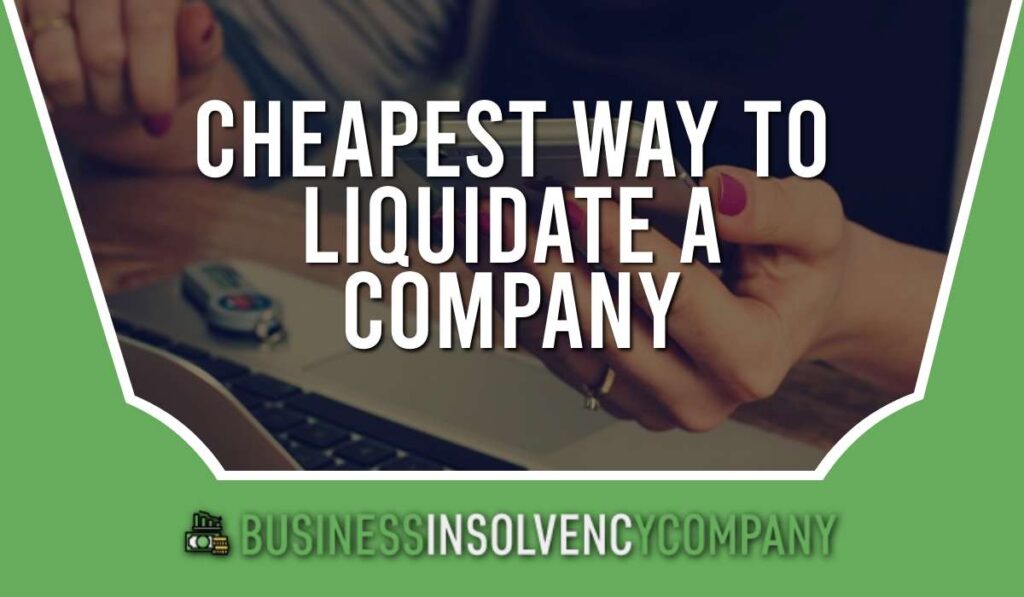
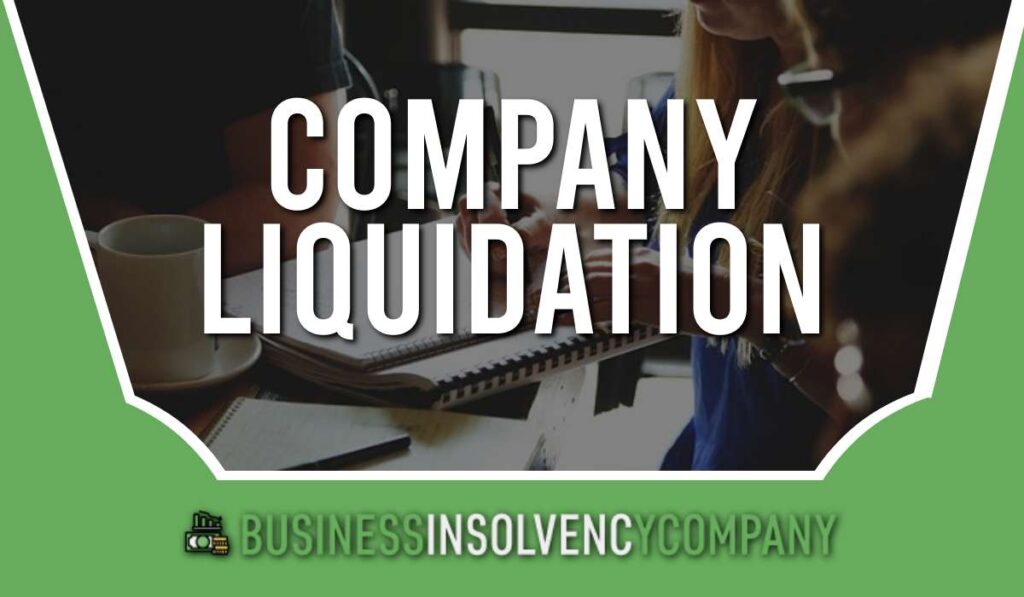
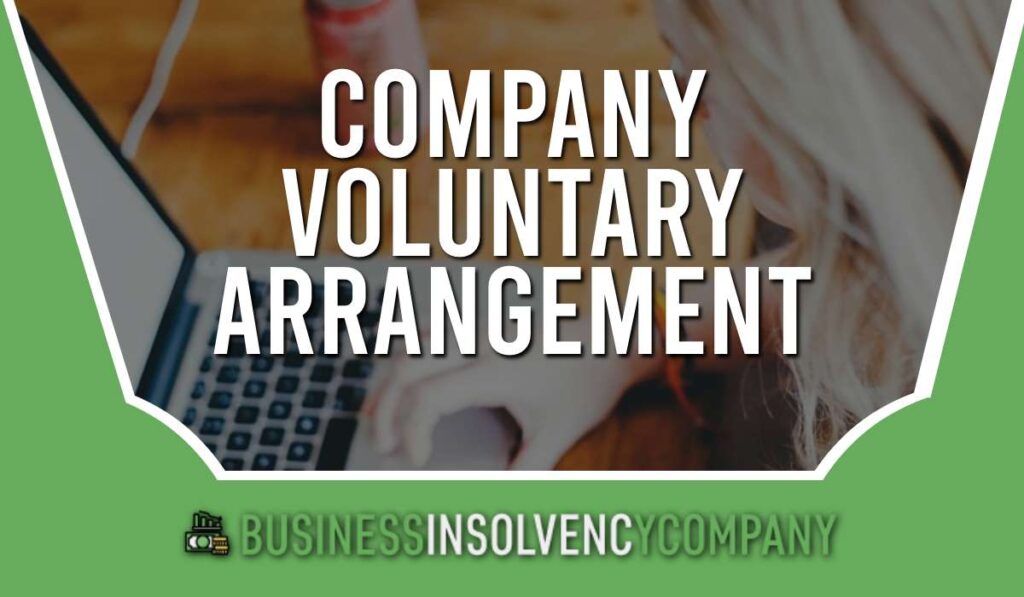

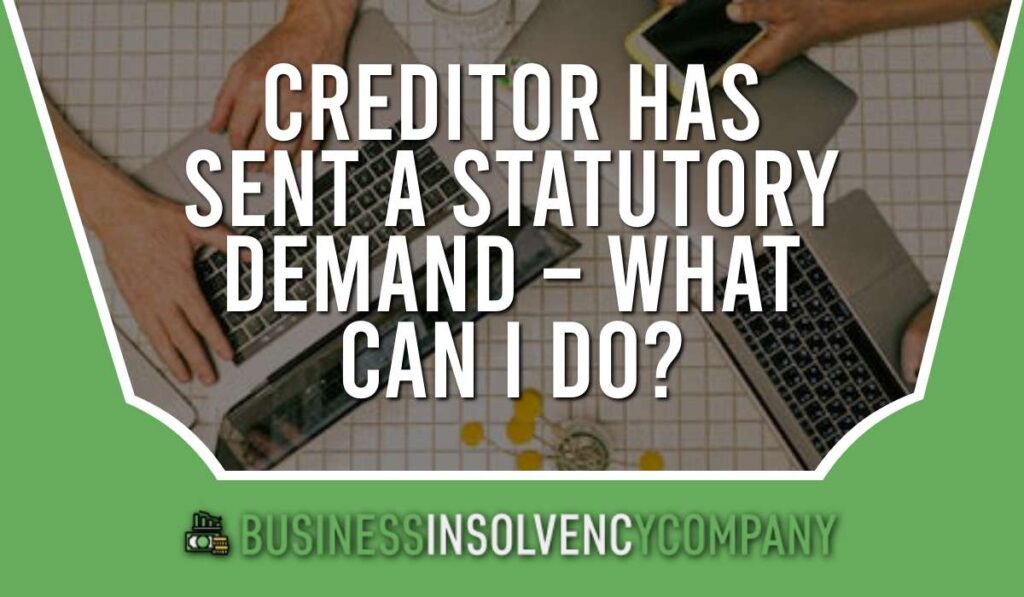
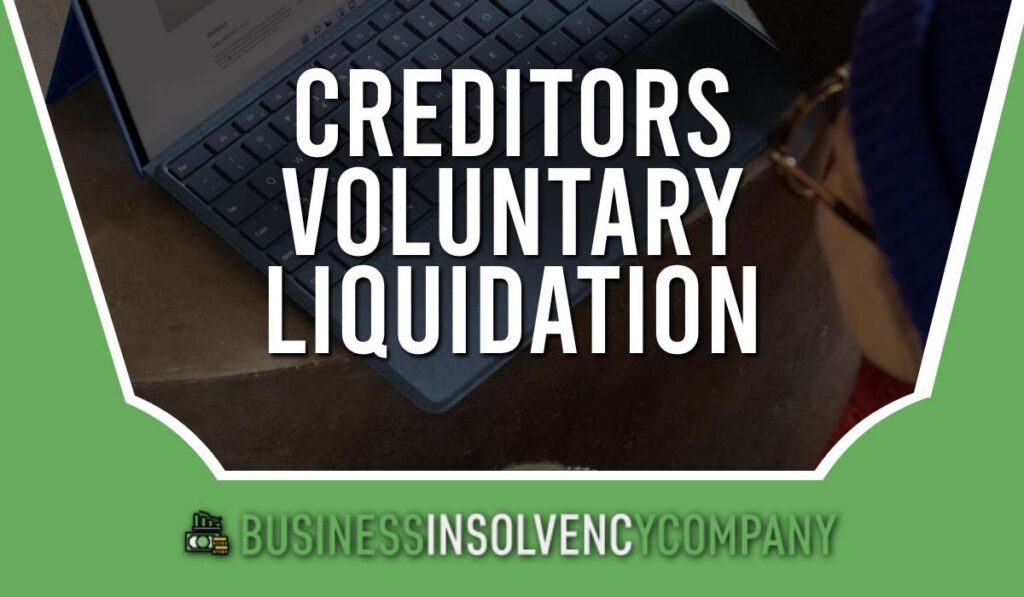
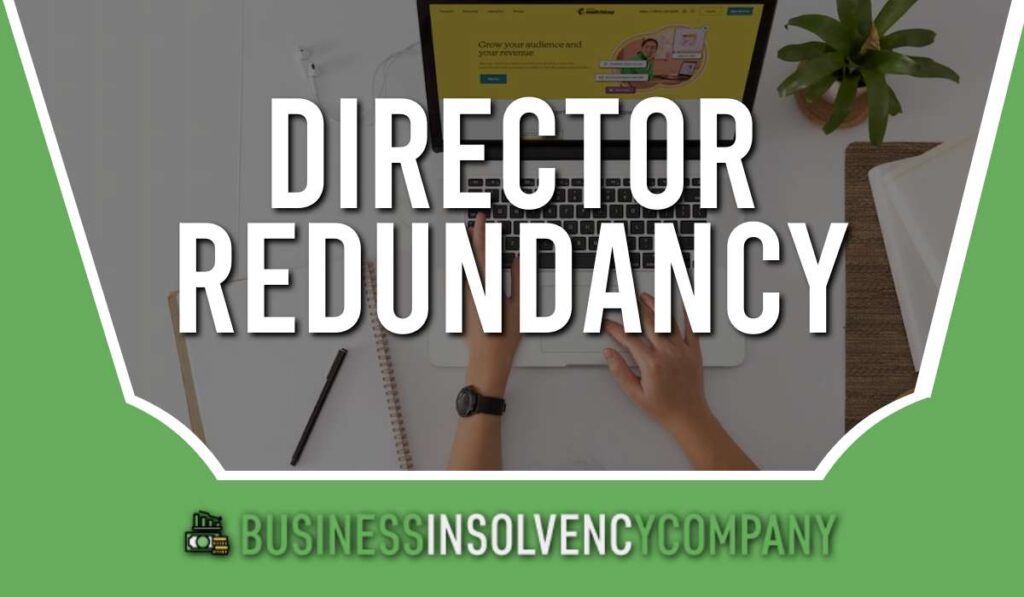
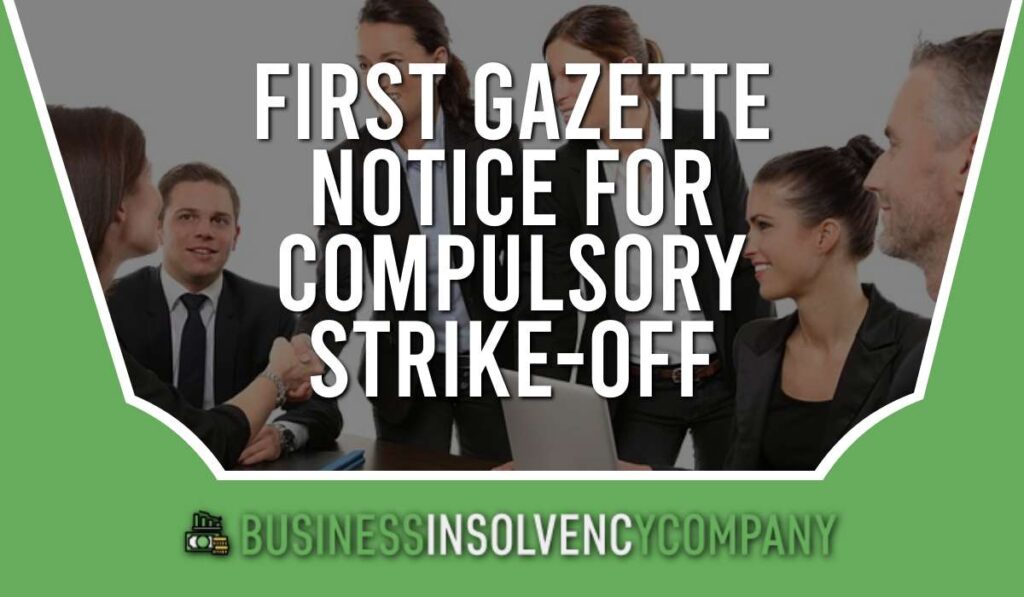
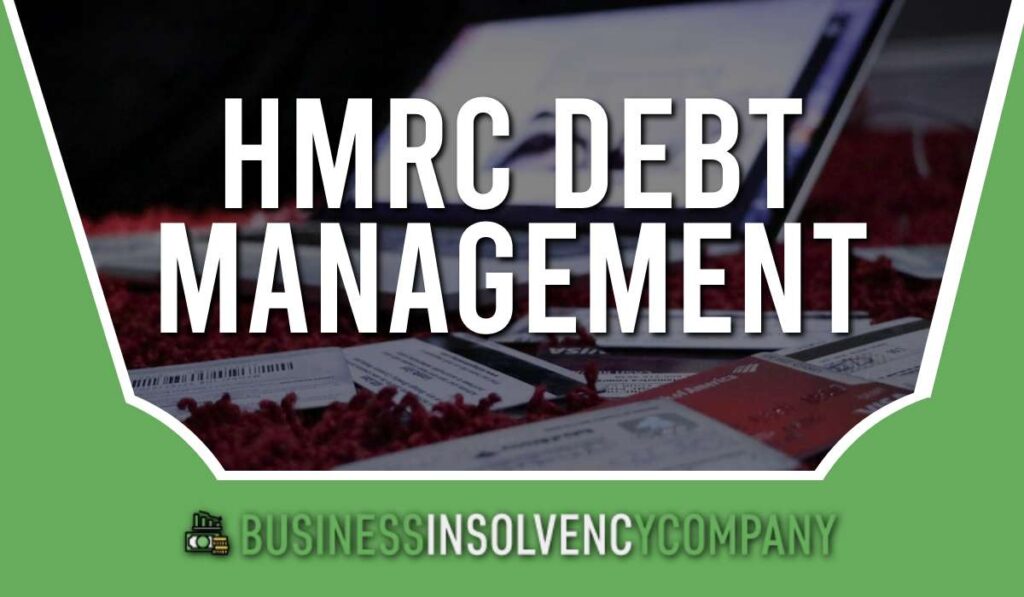

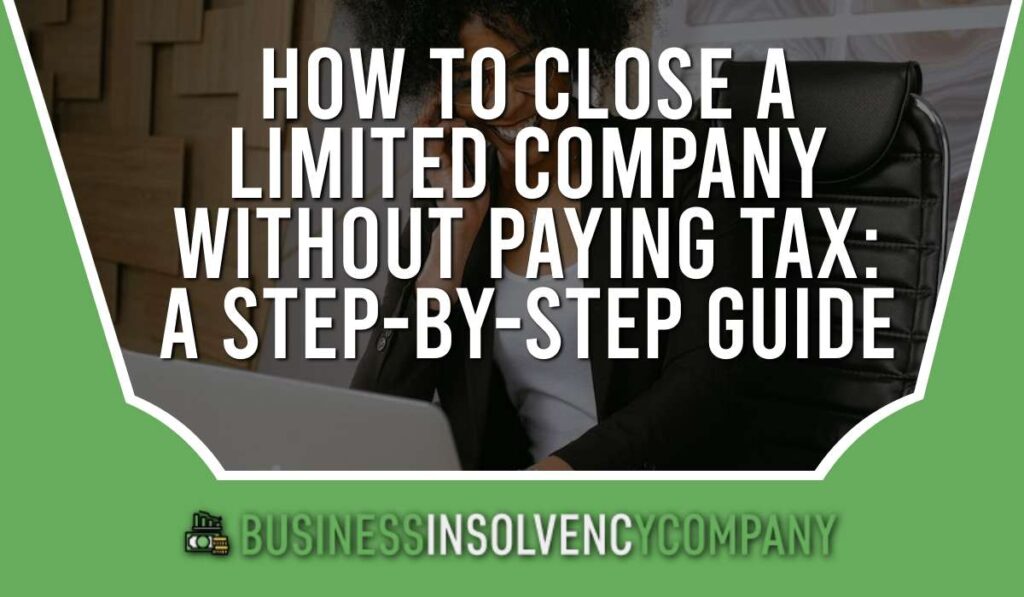
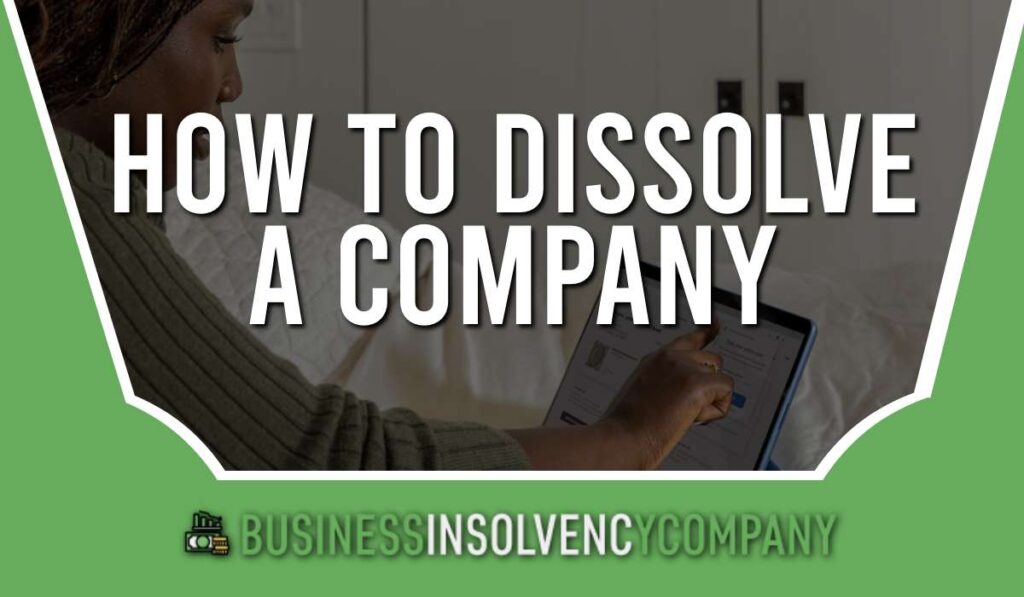



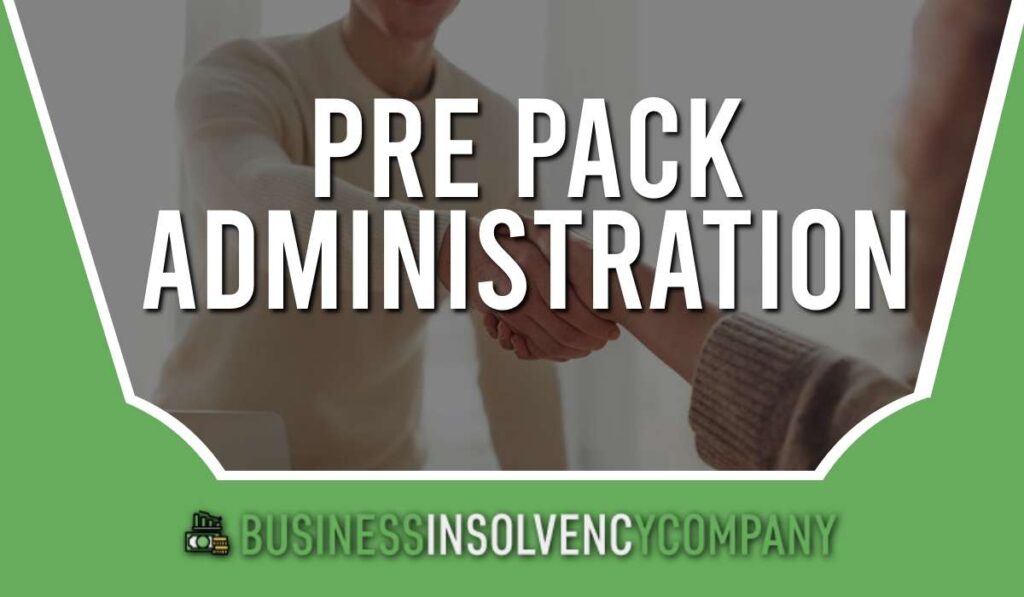





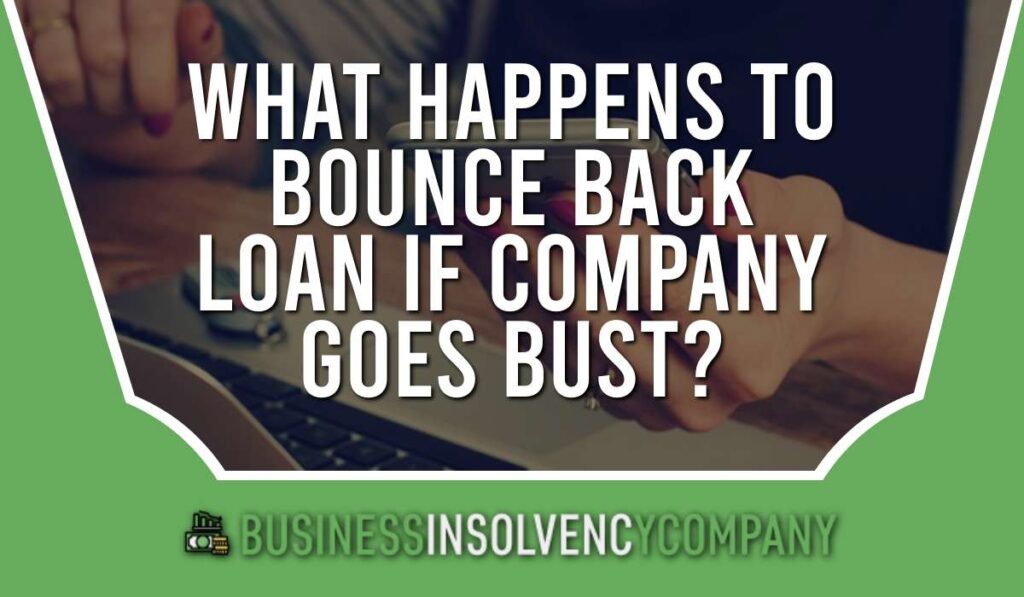
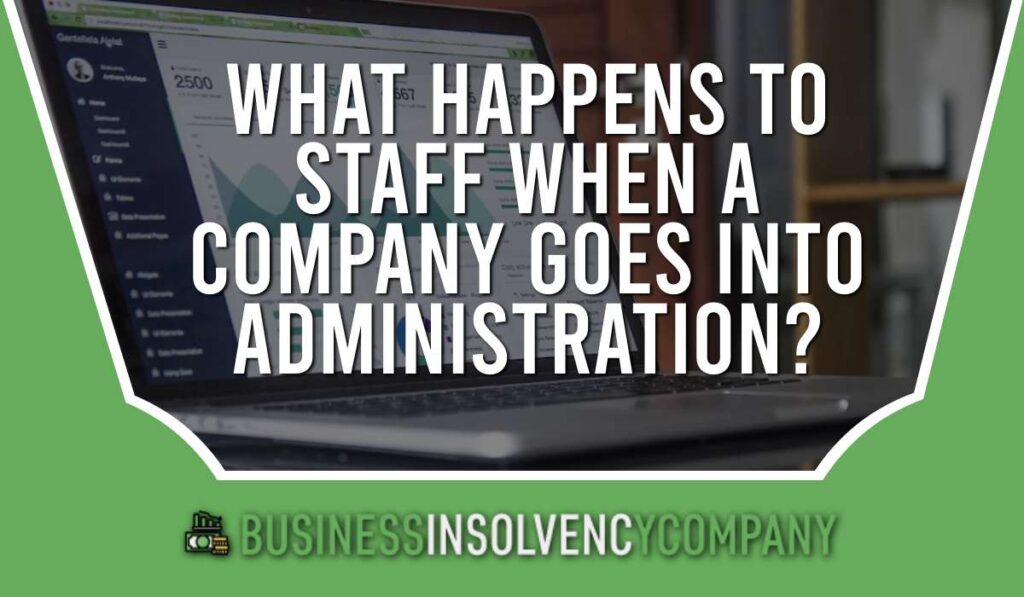

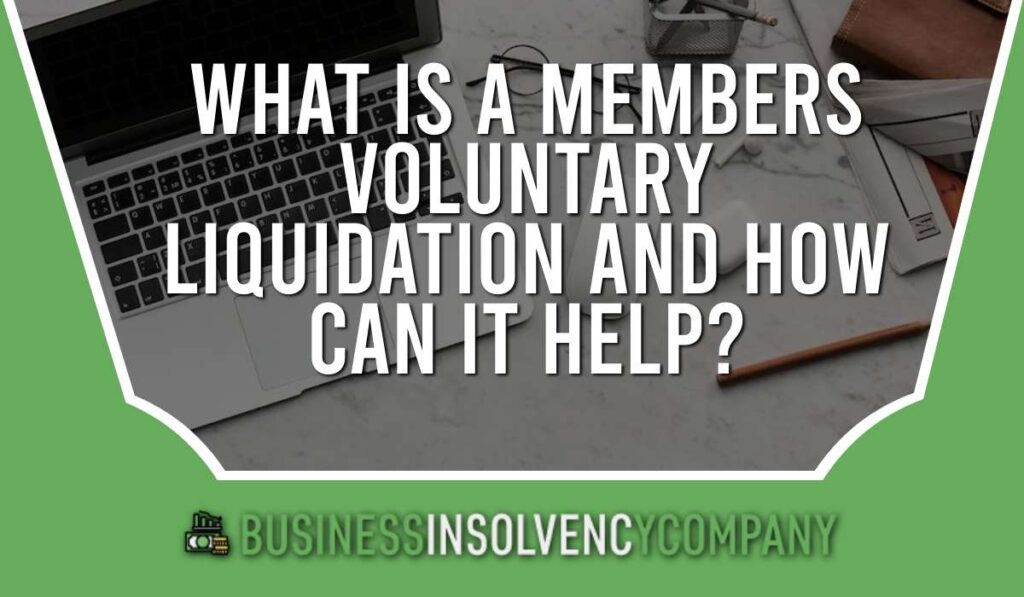

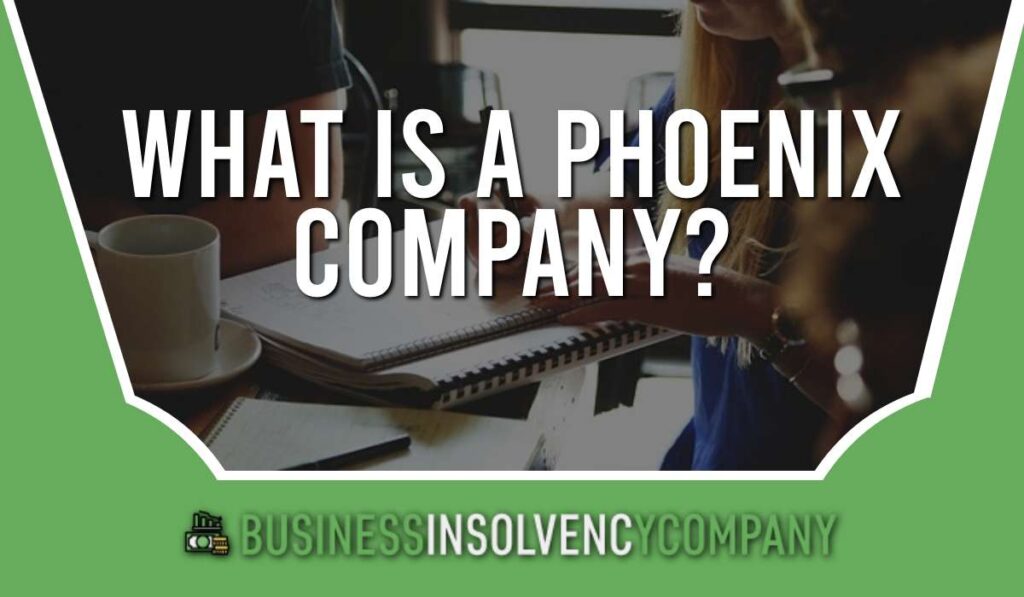

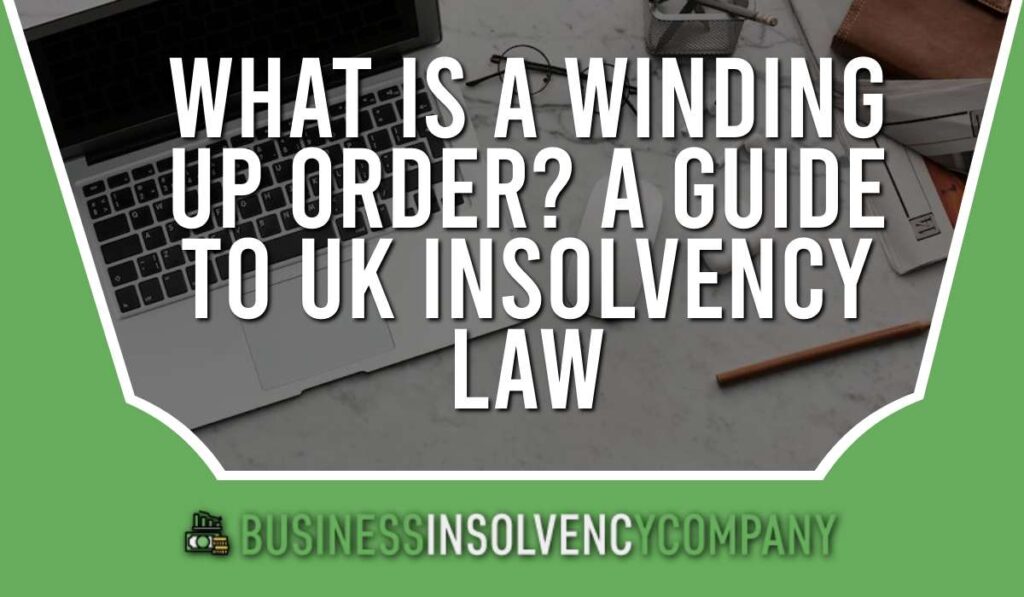




We Aim To Reply To All Enquiries With-in 24-Hours